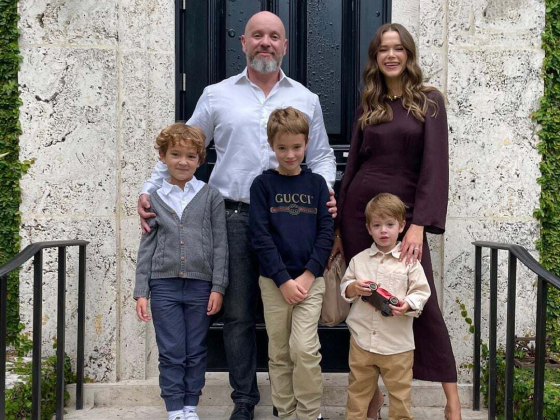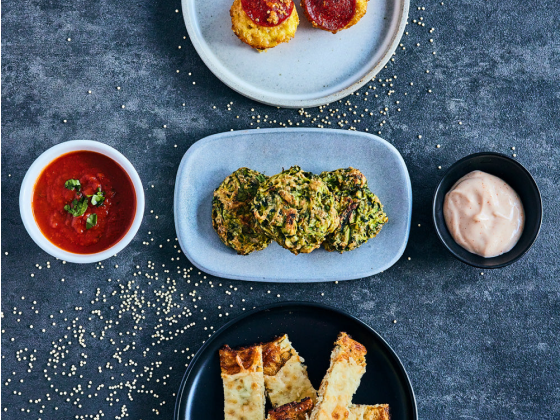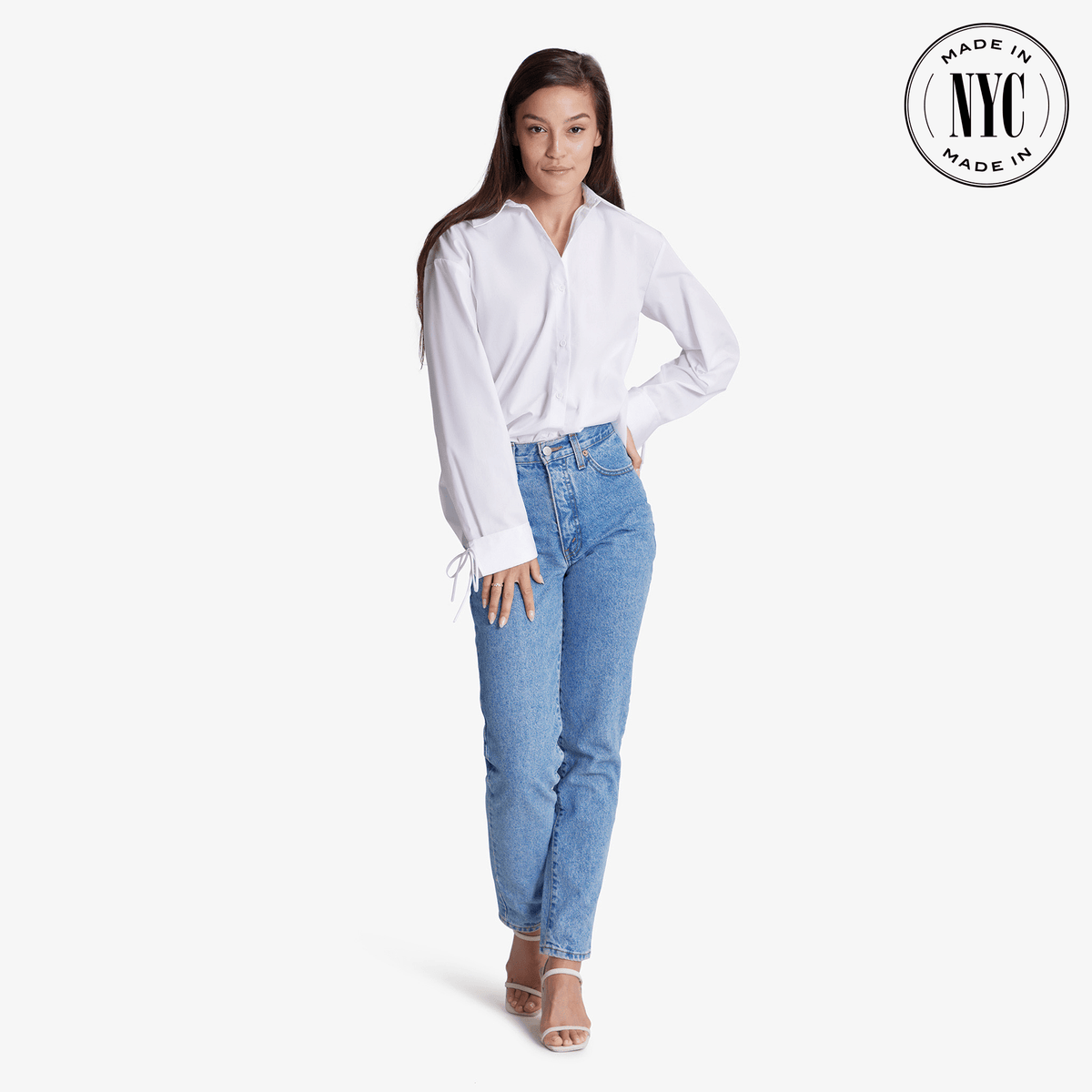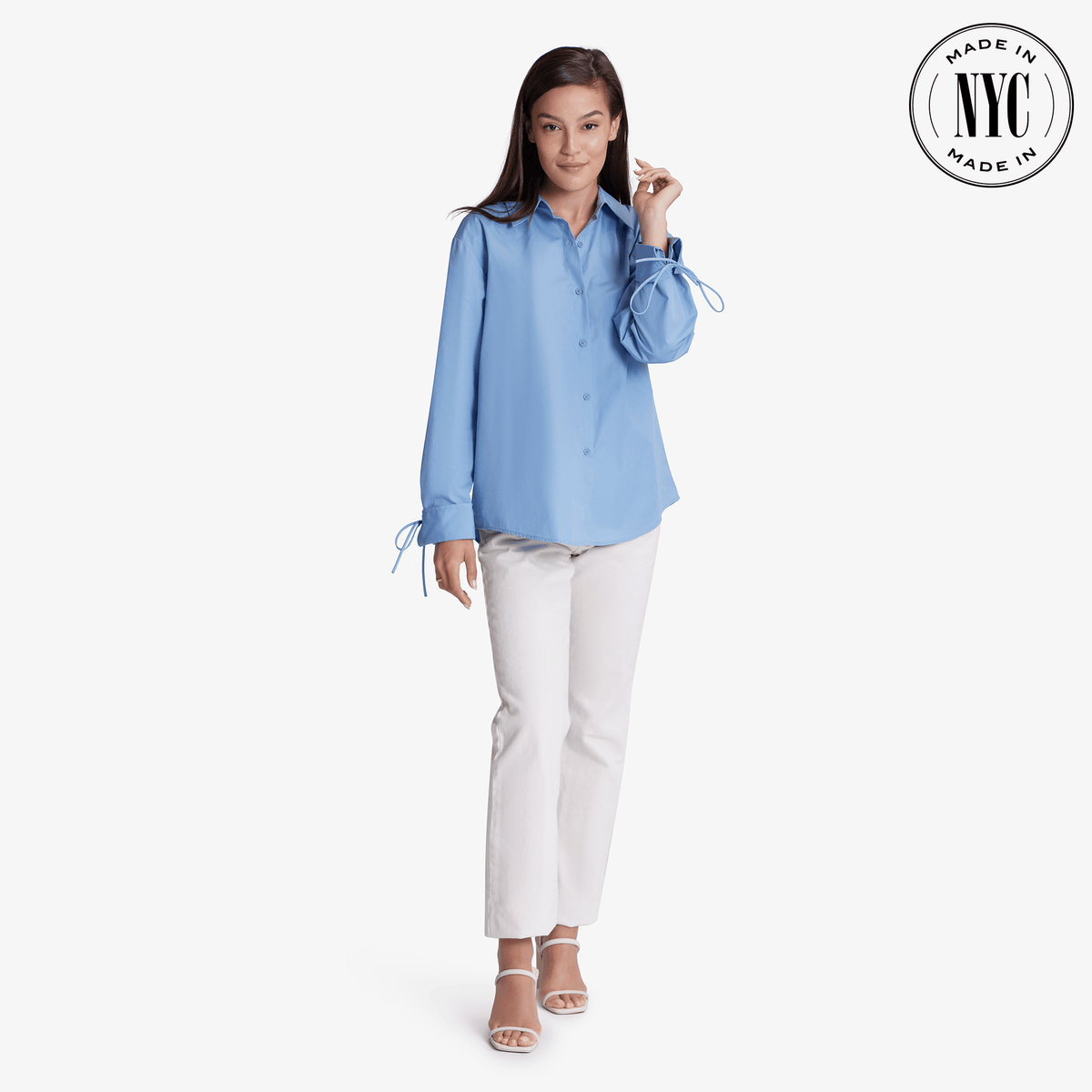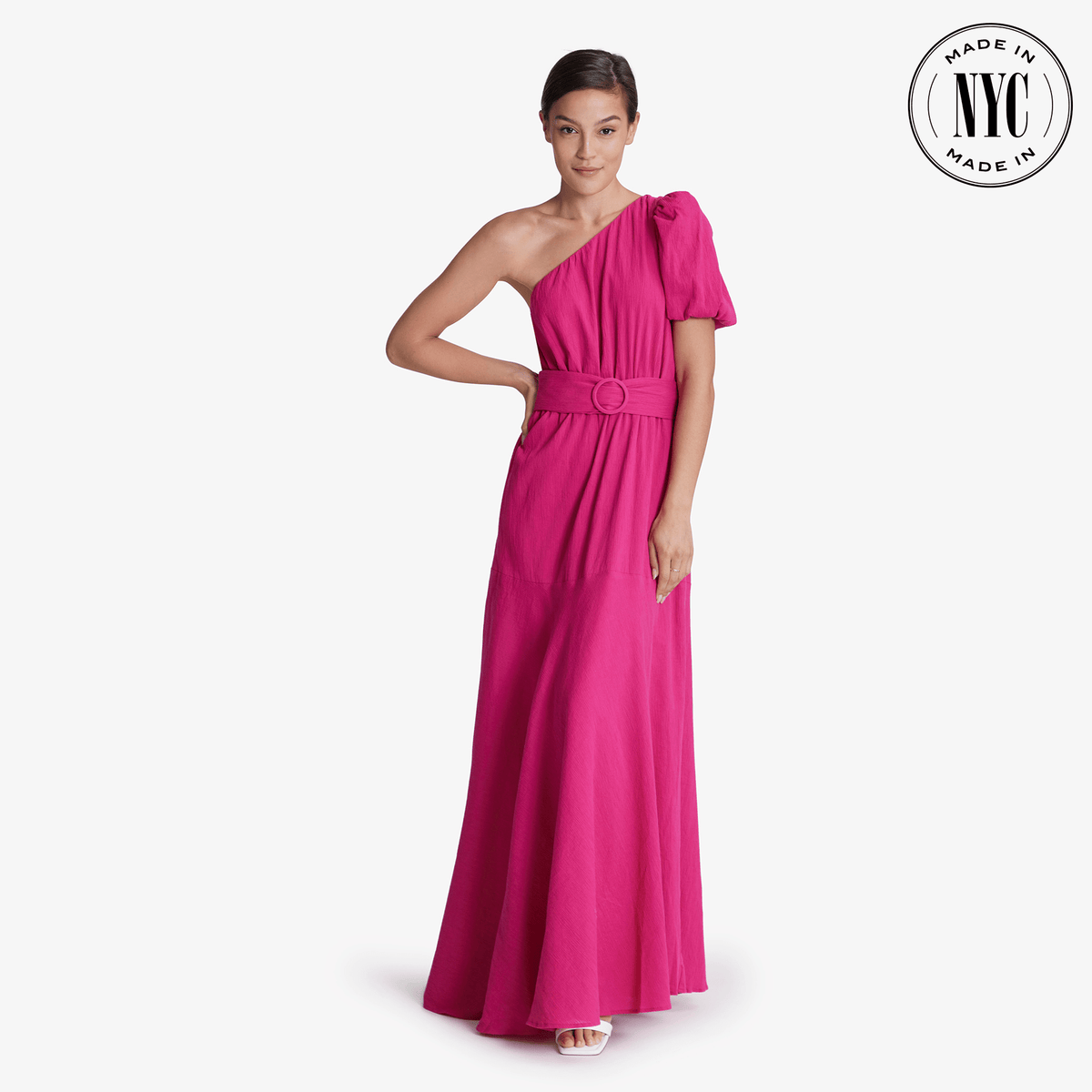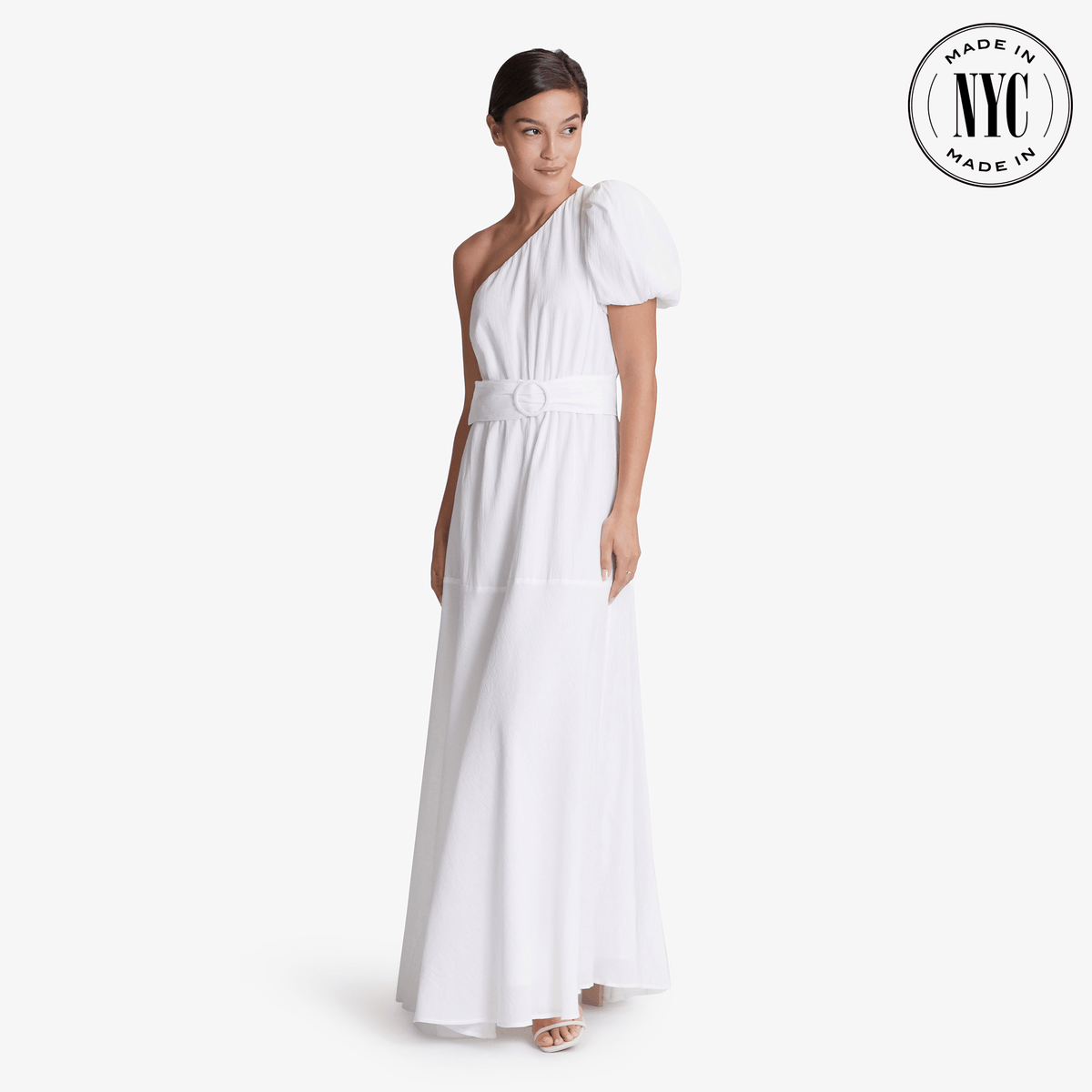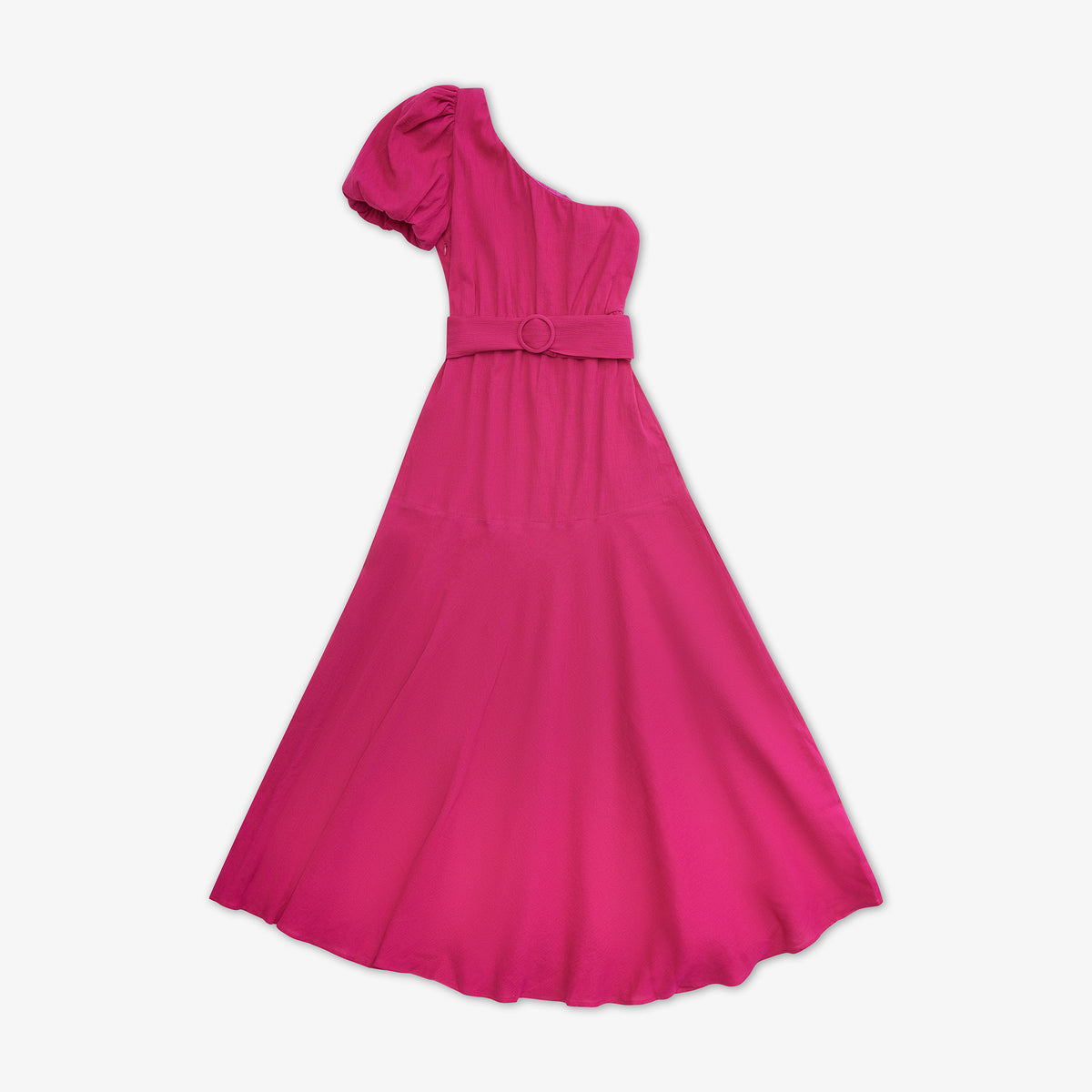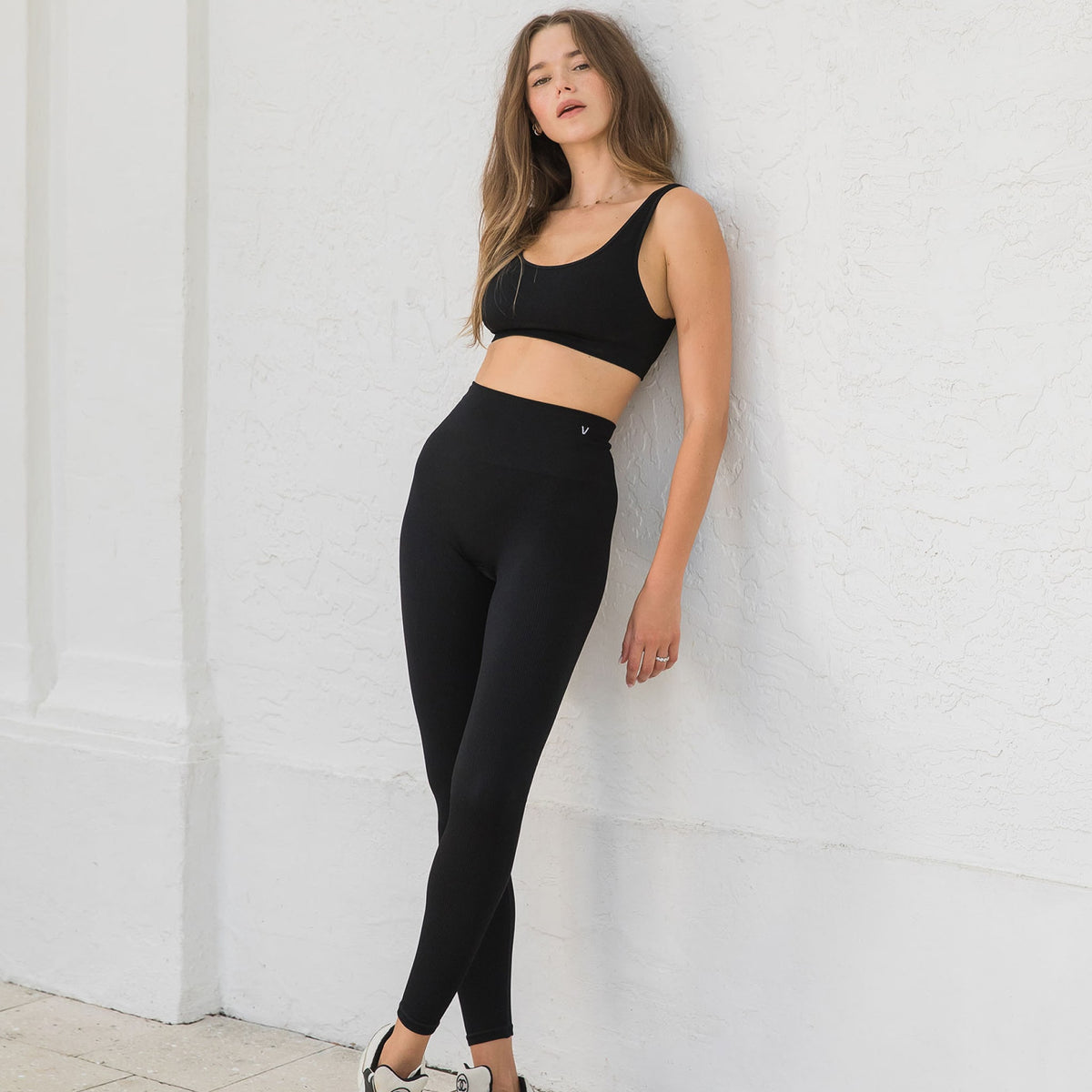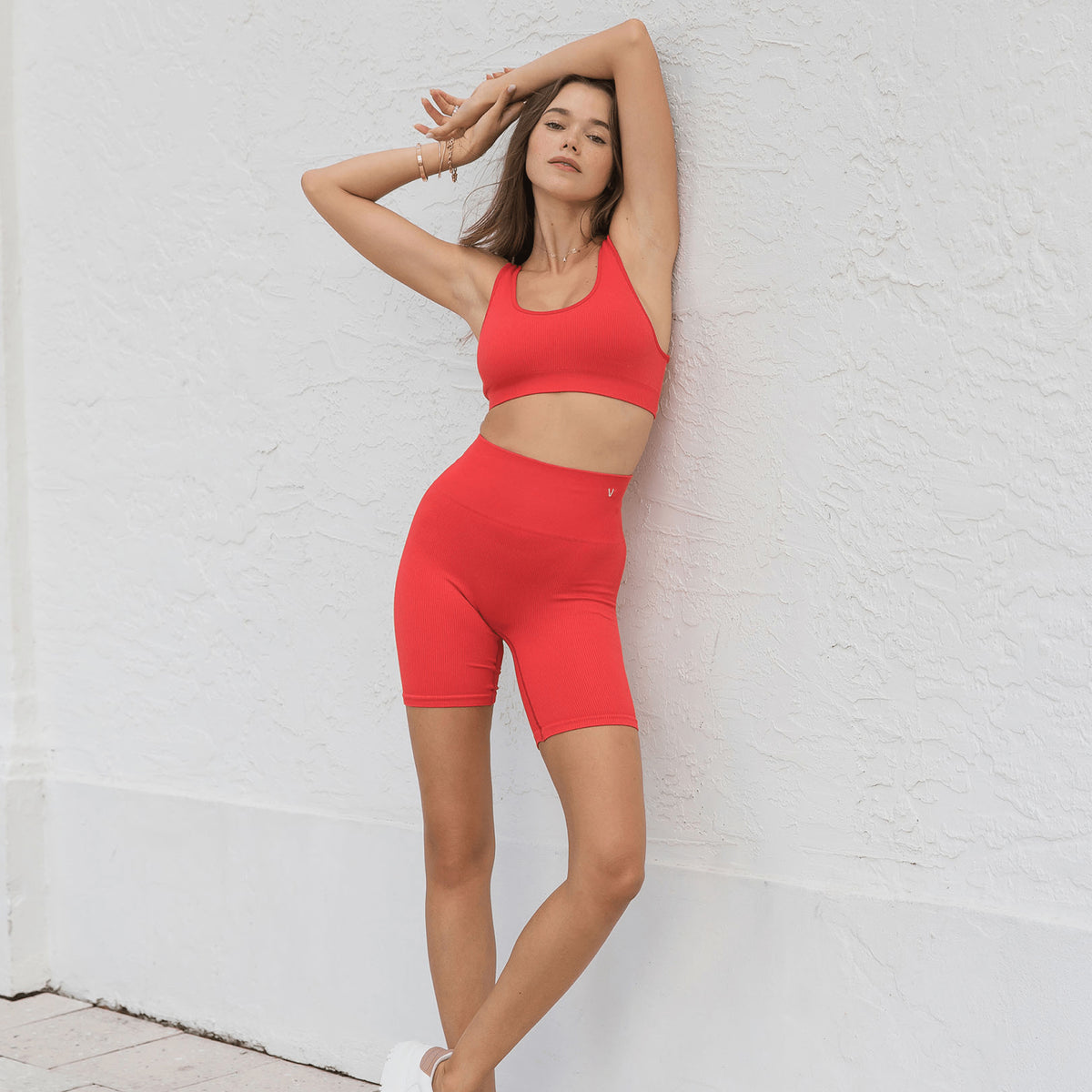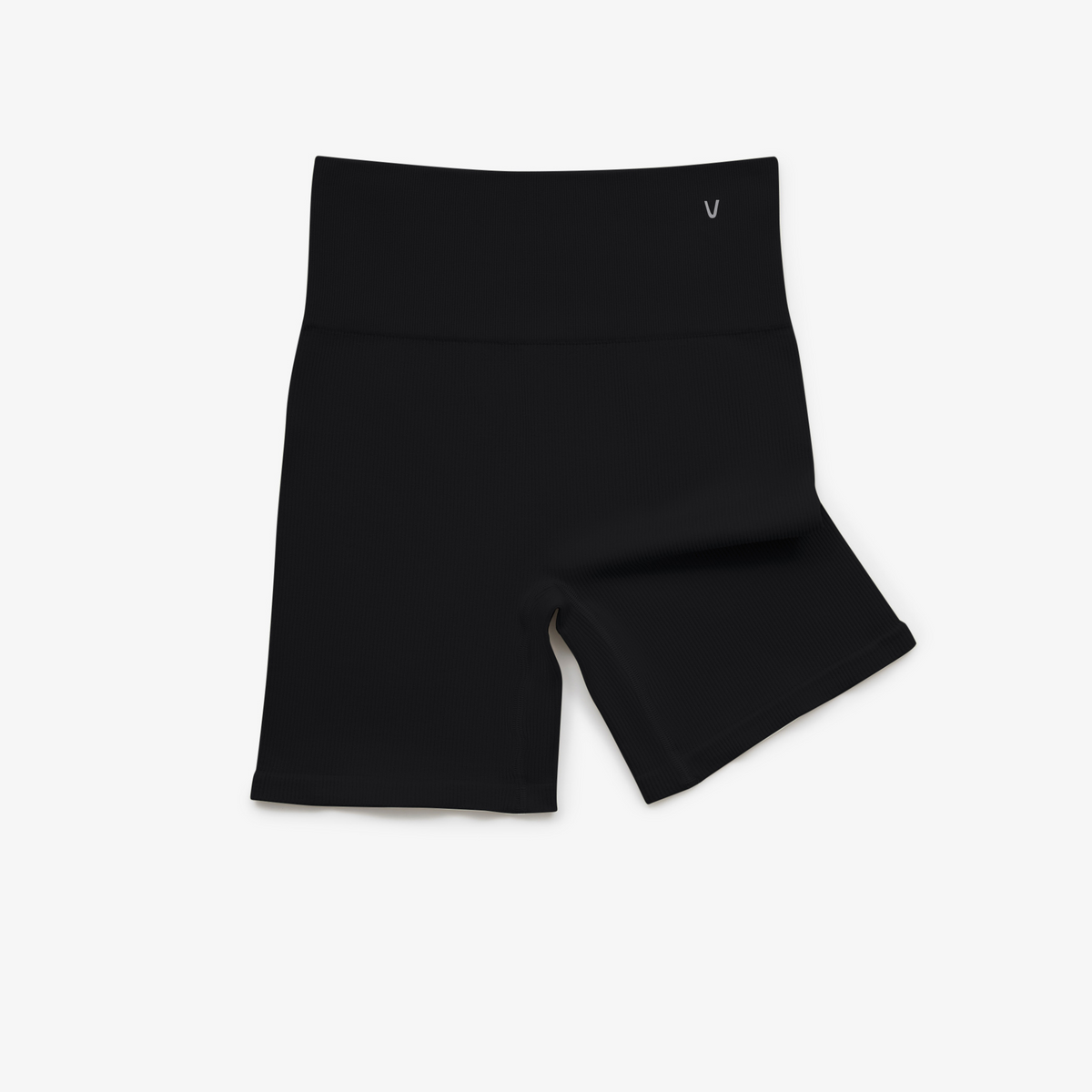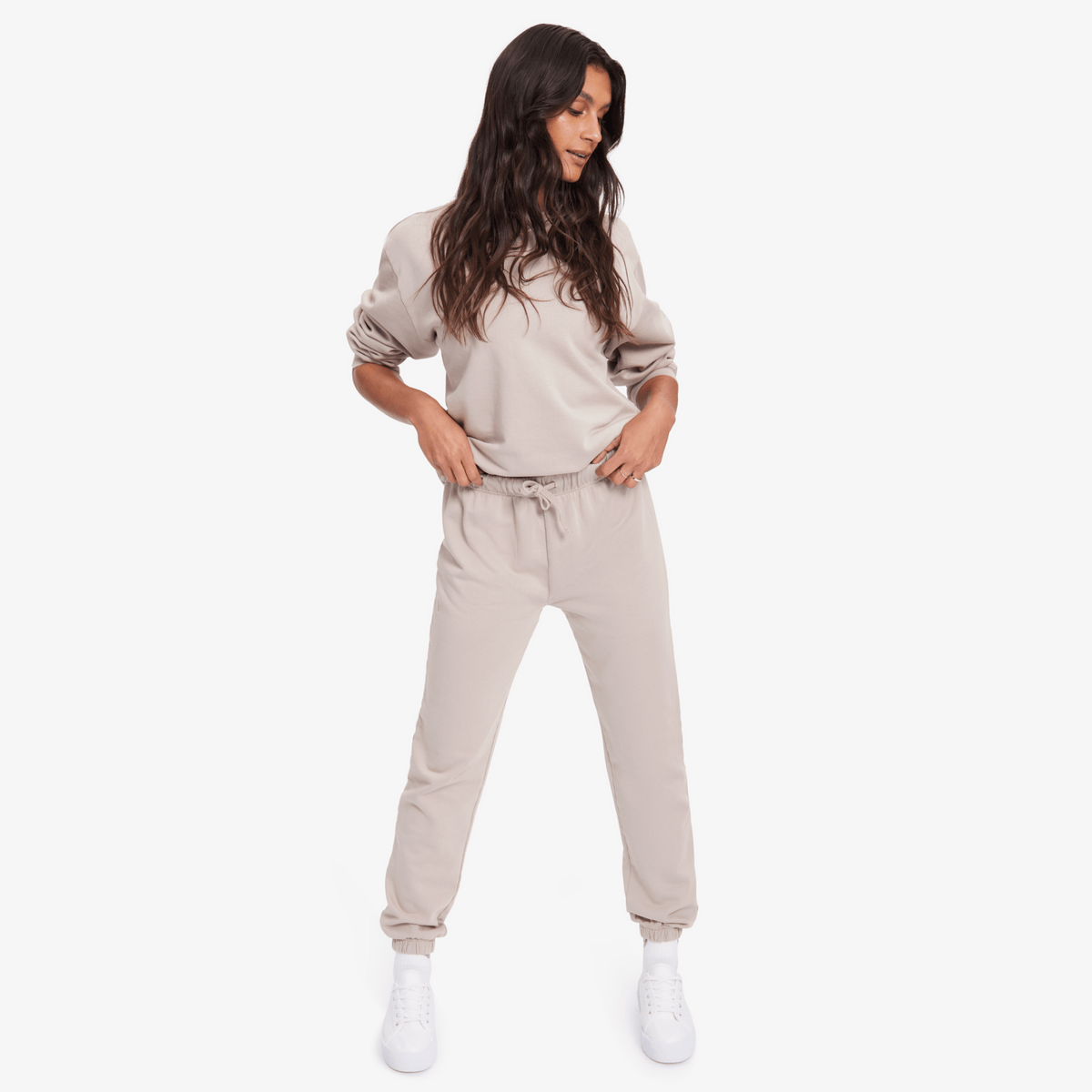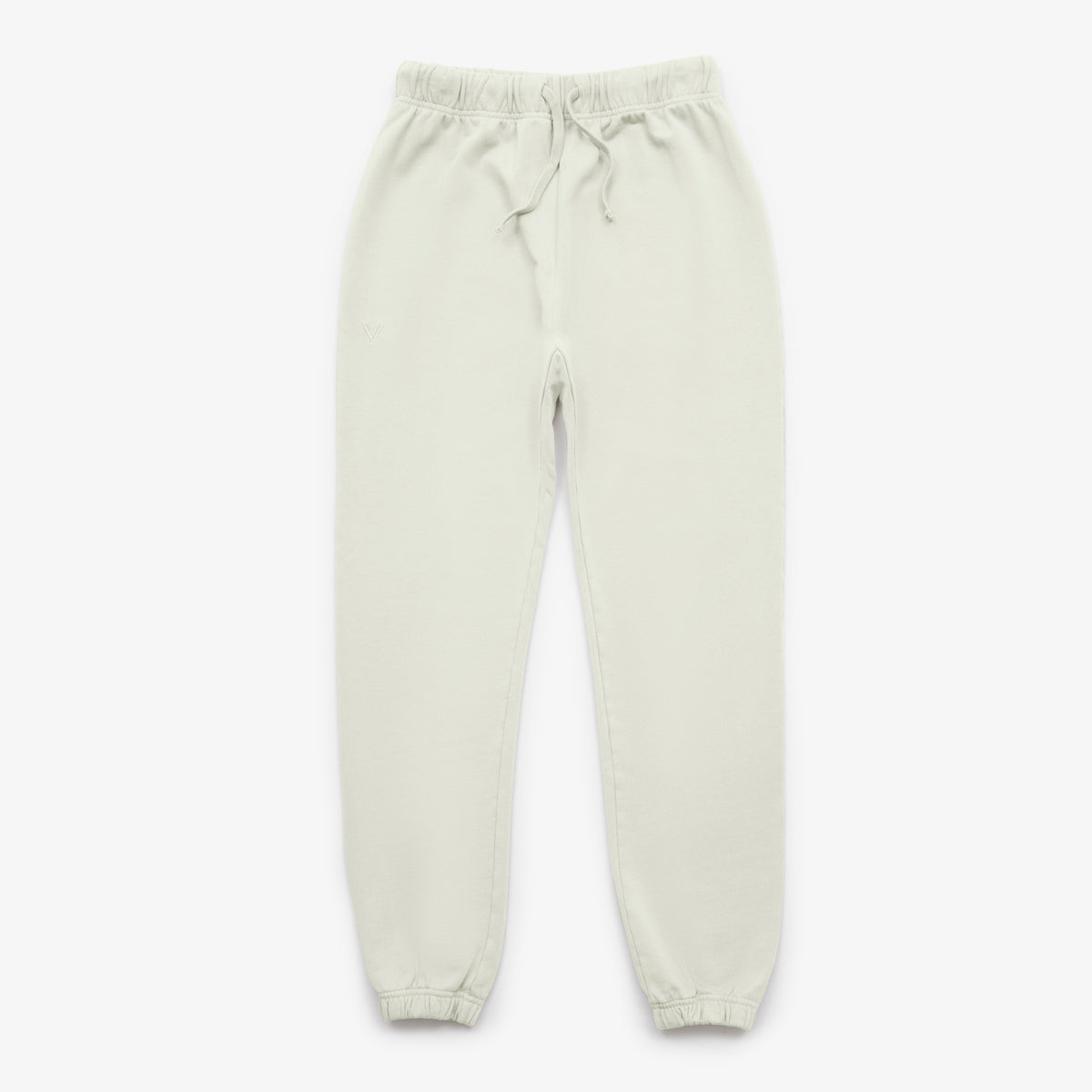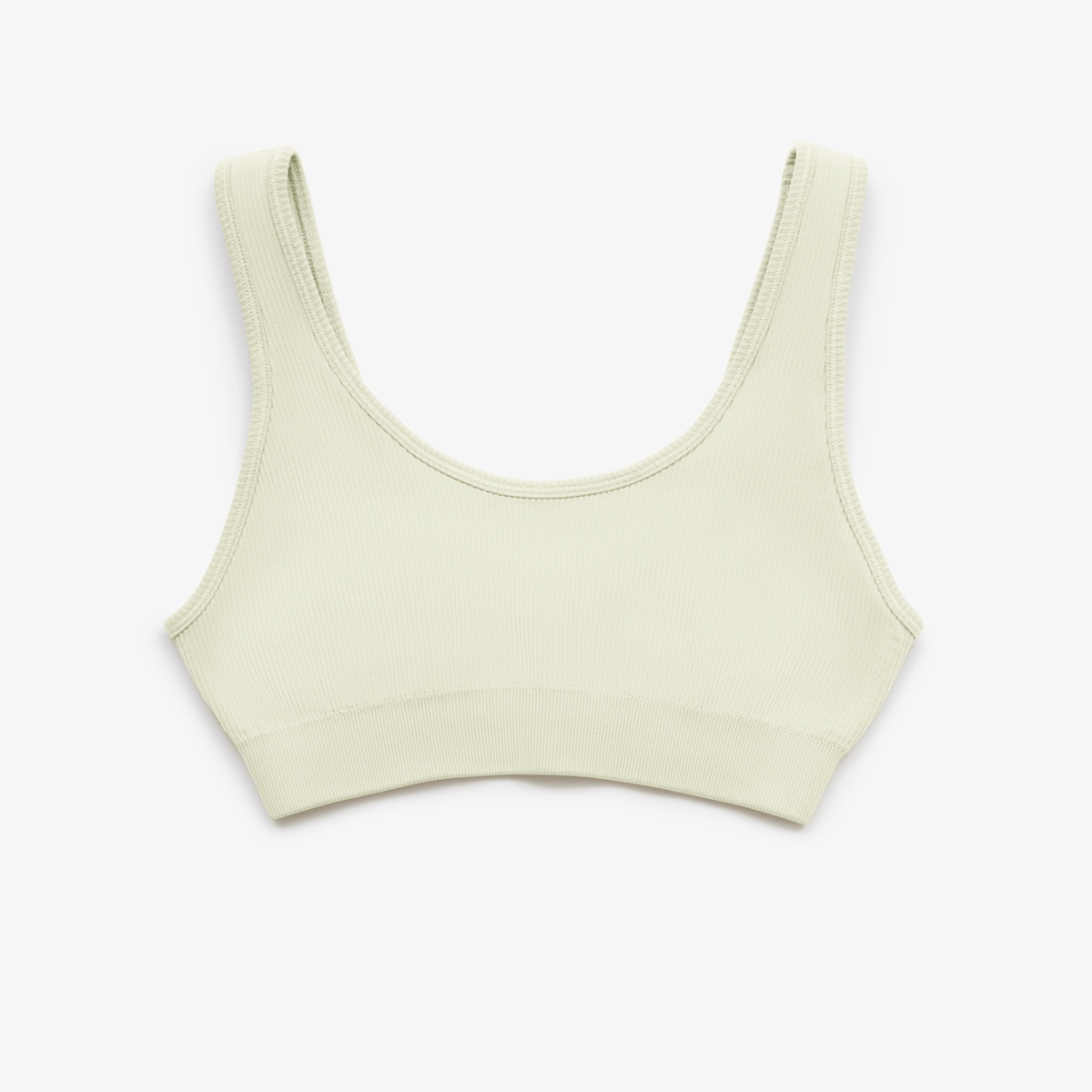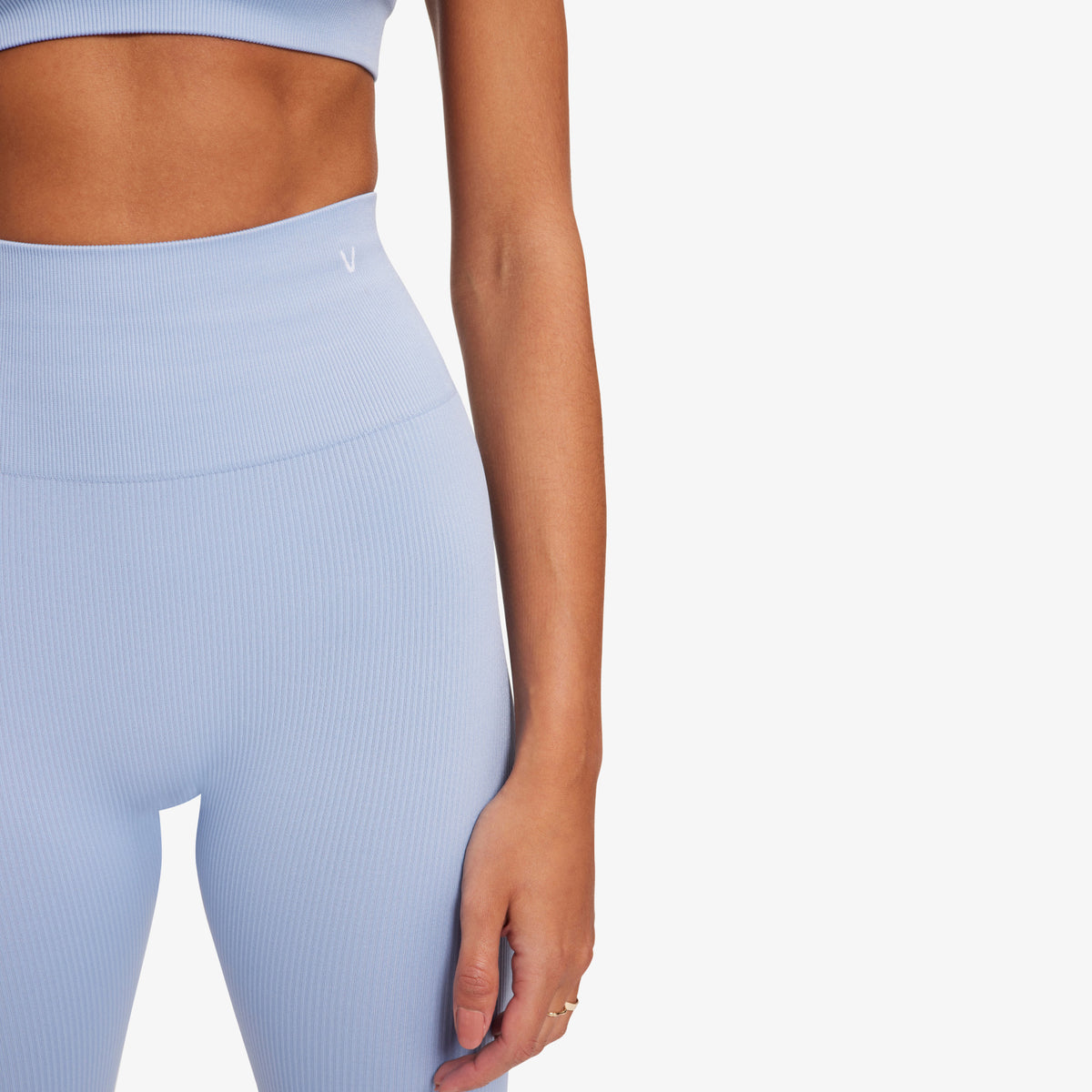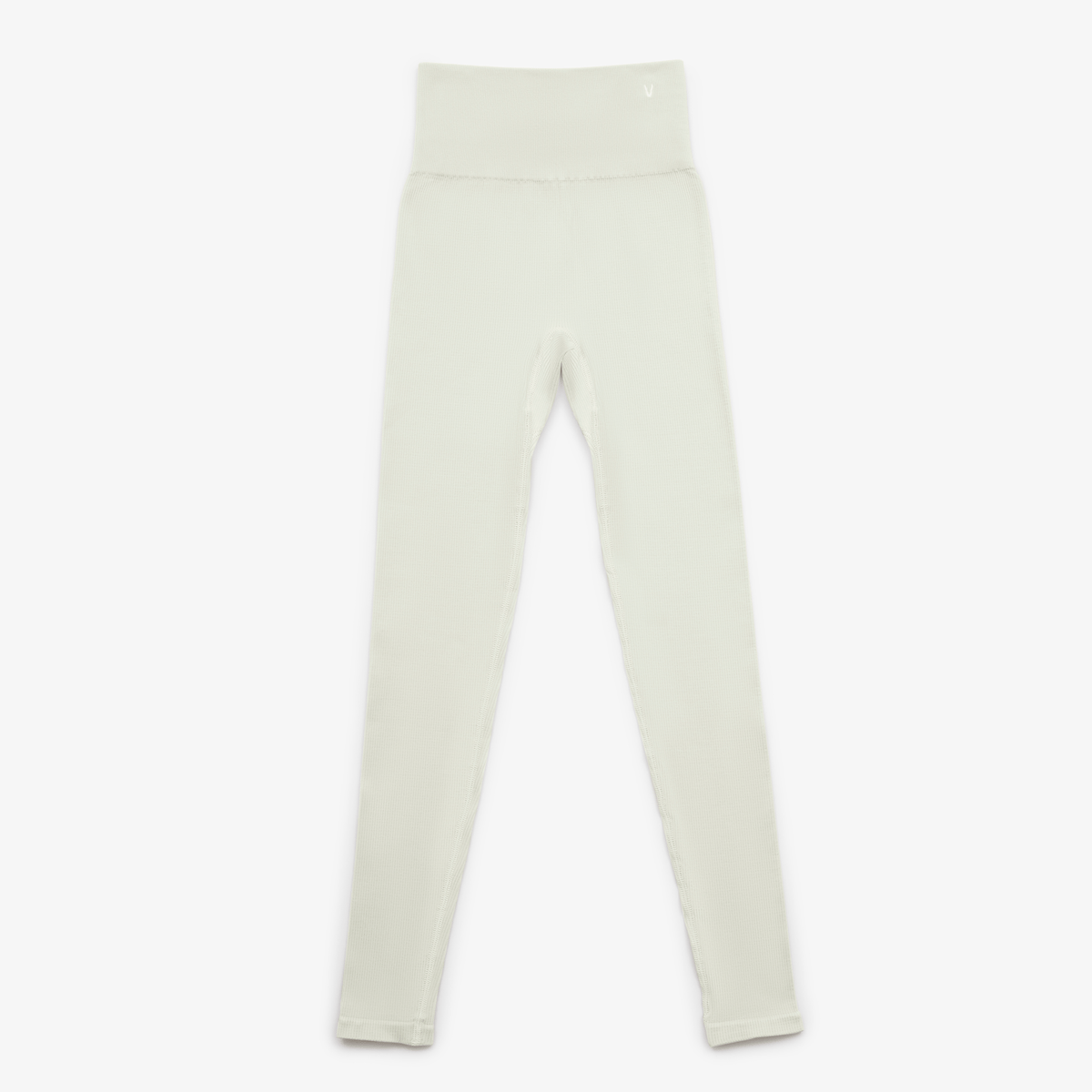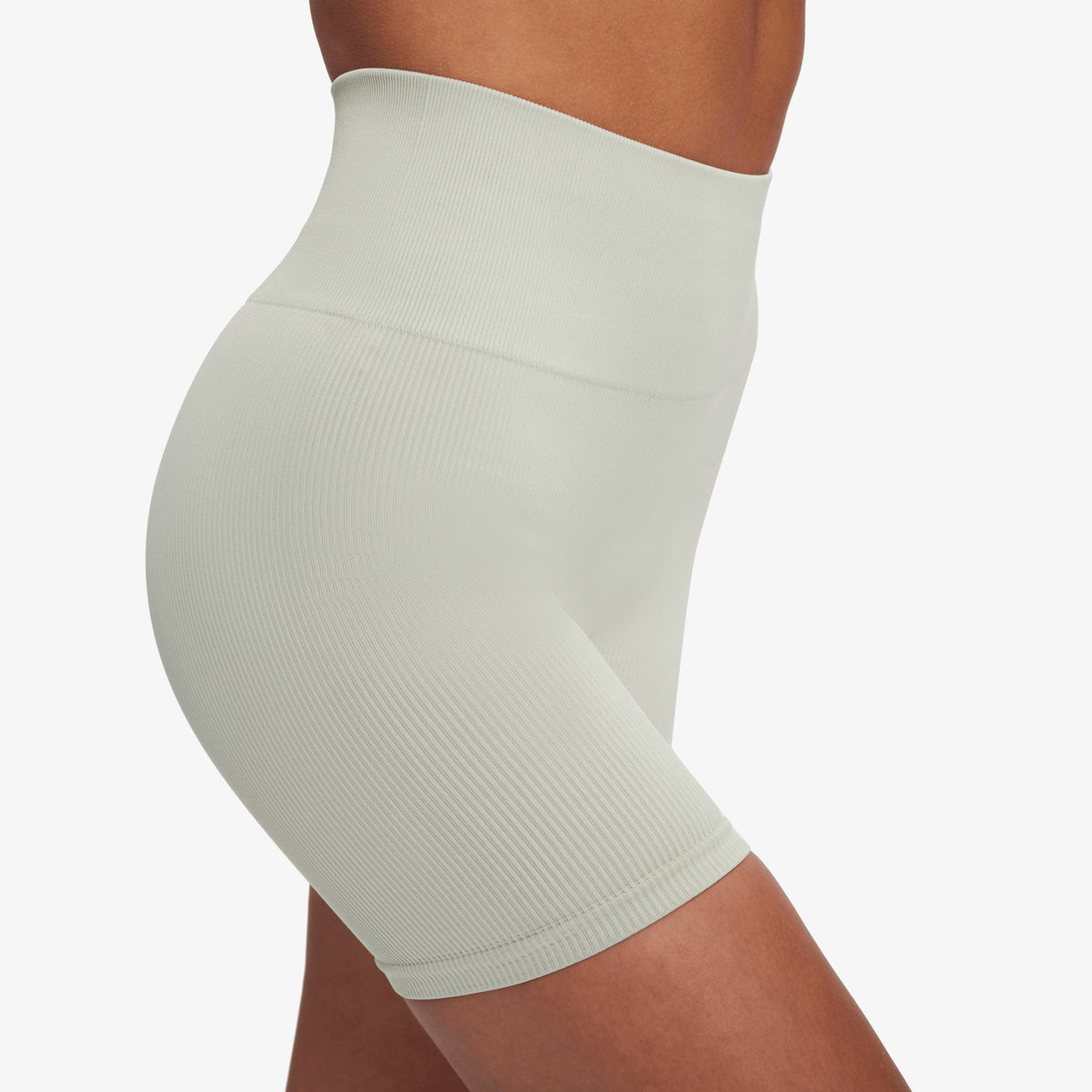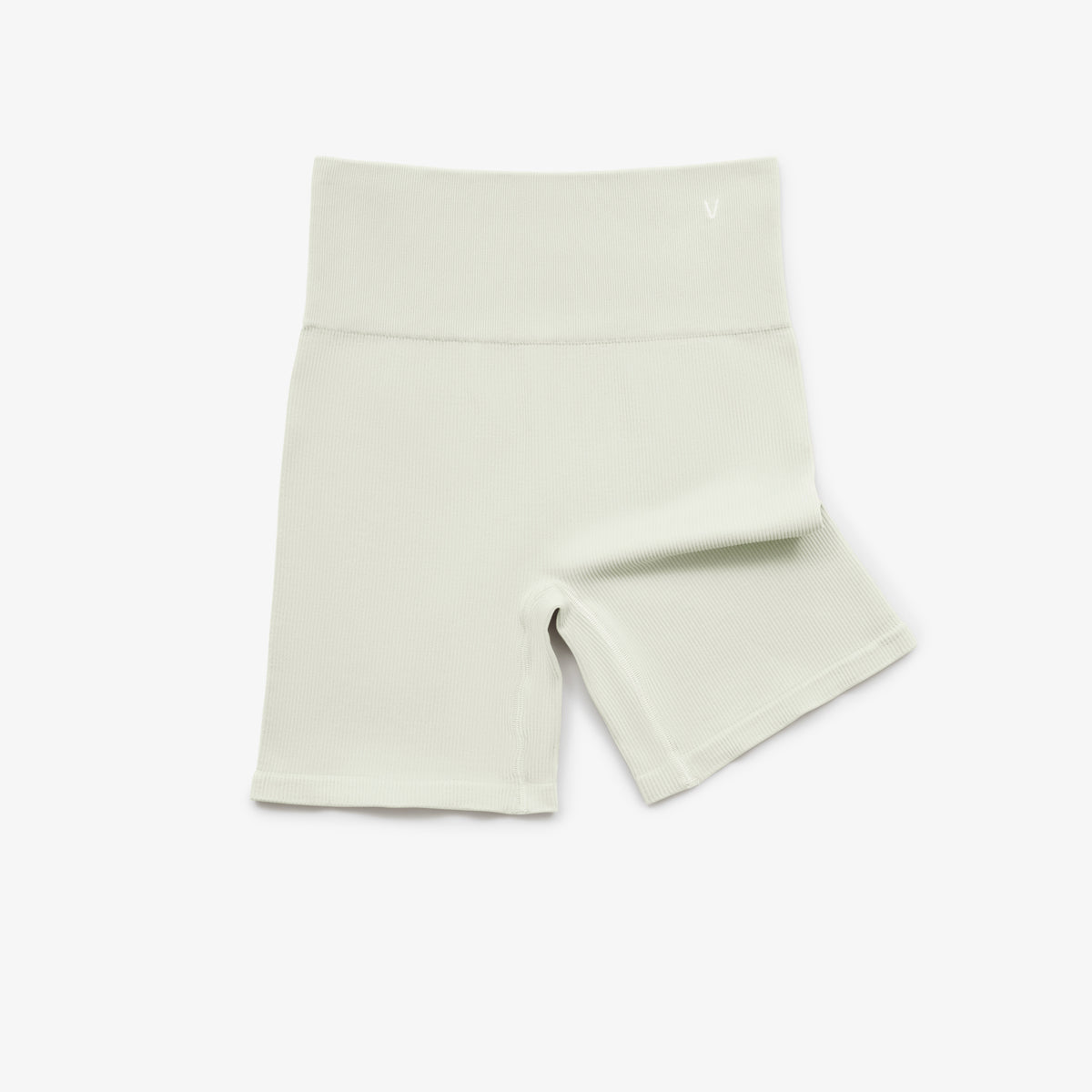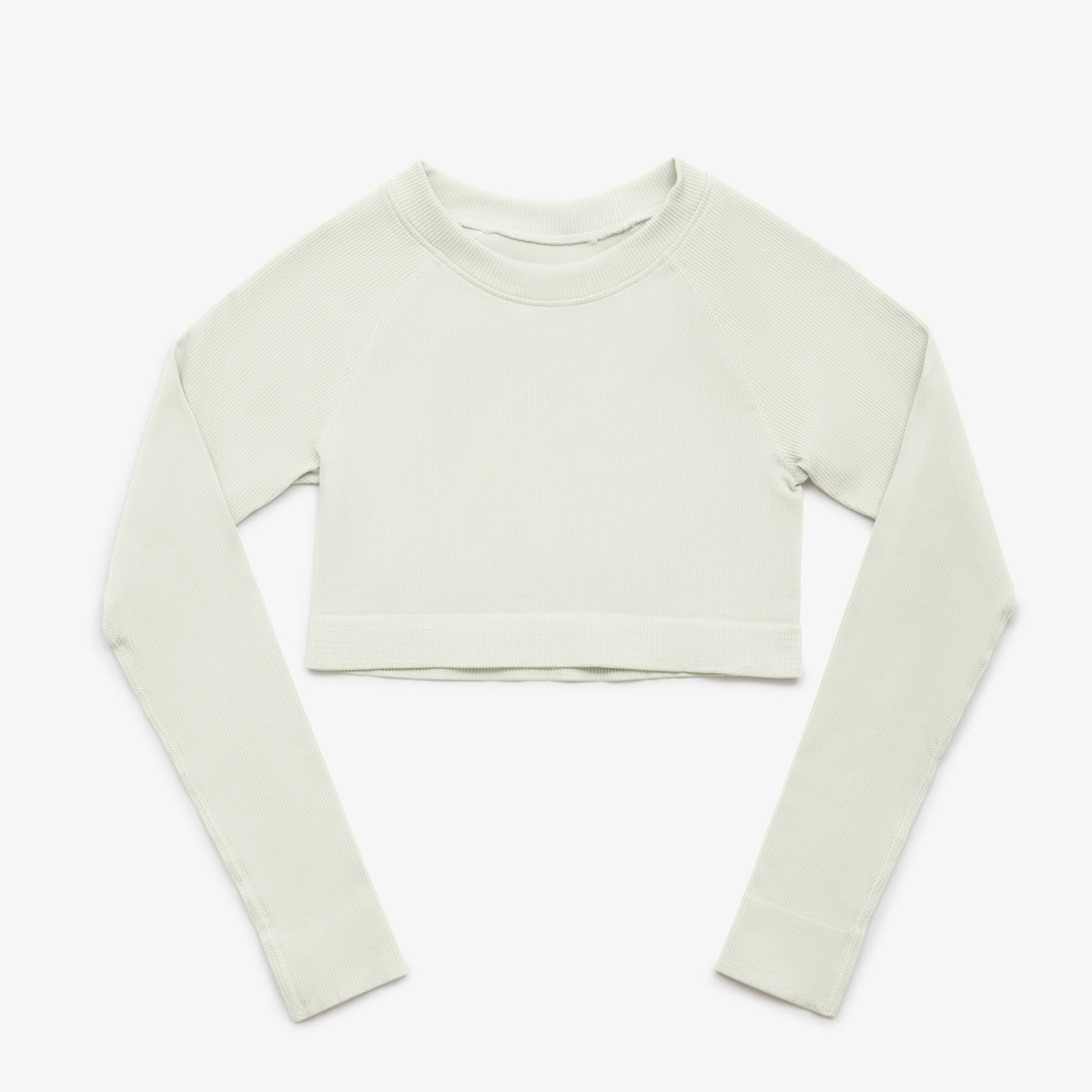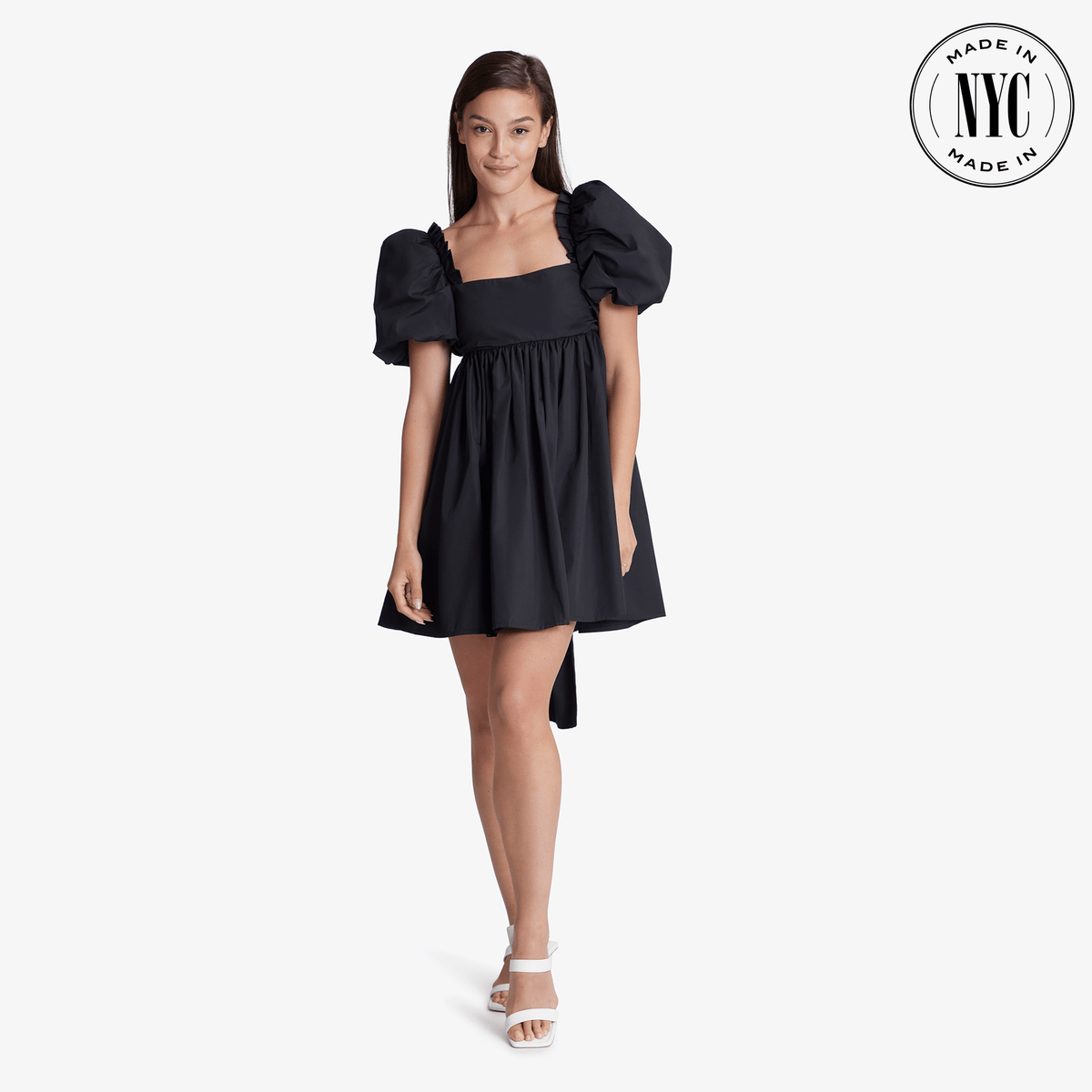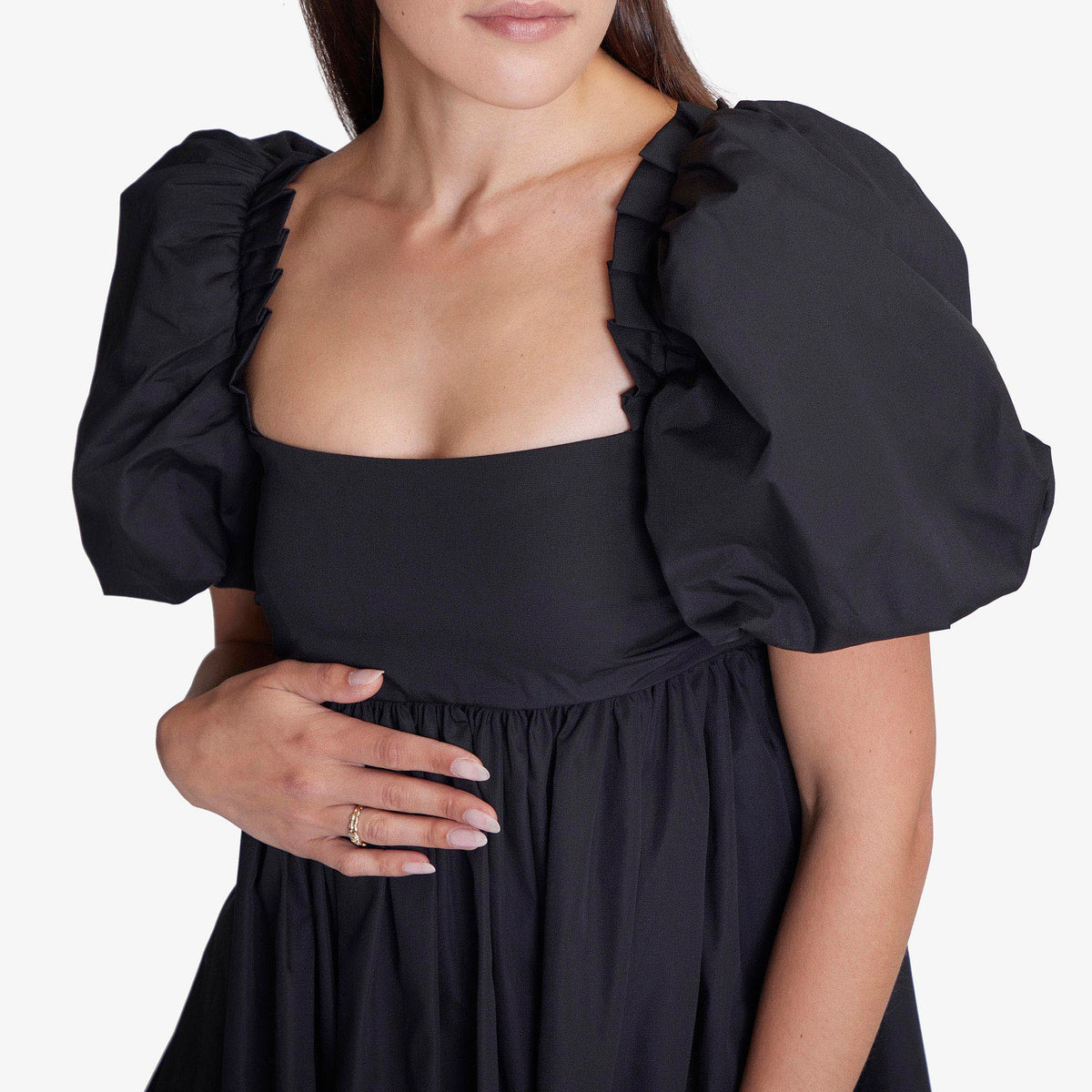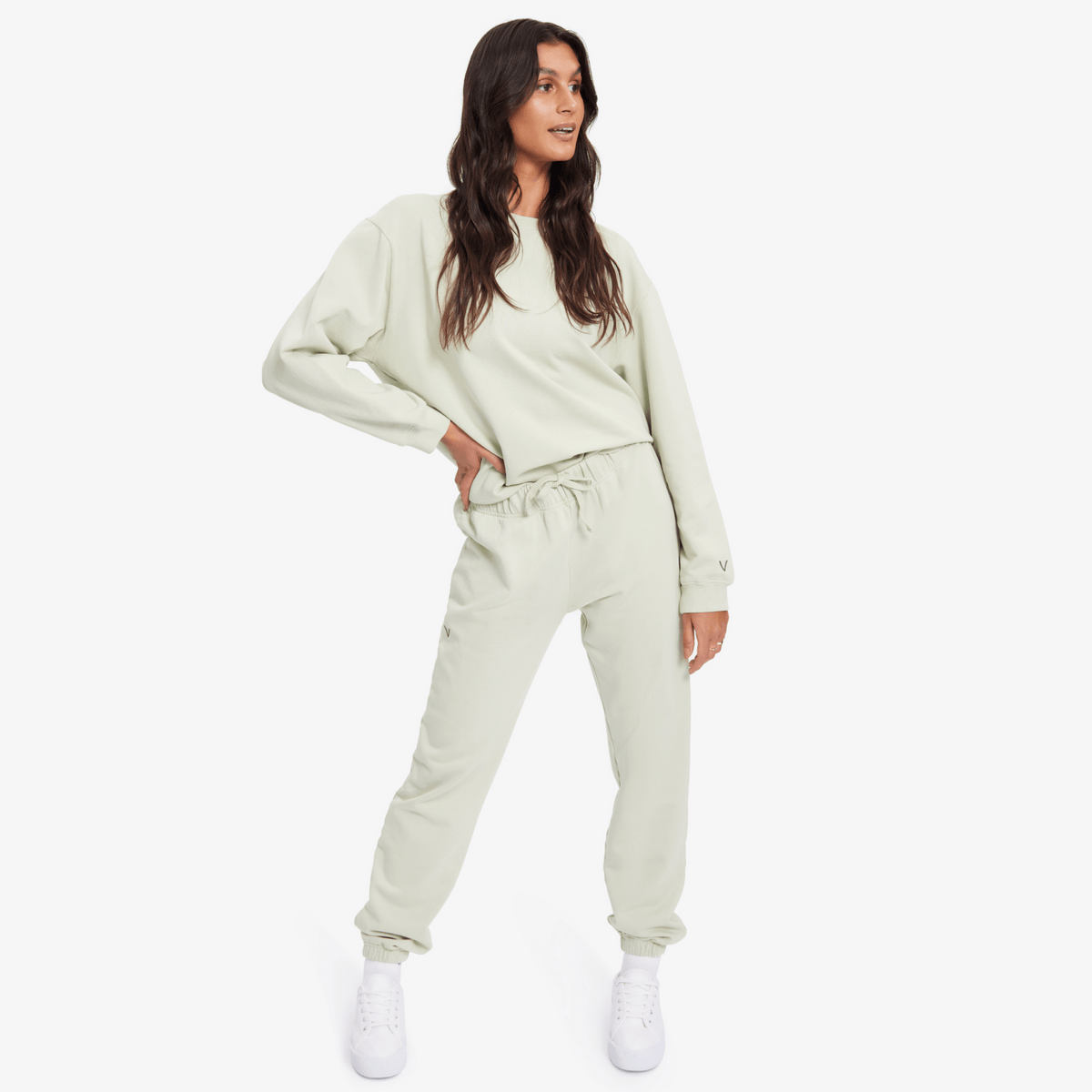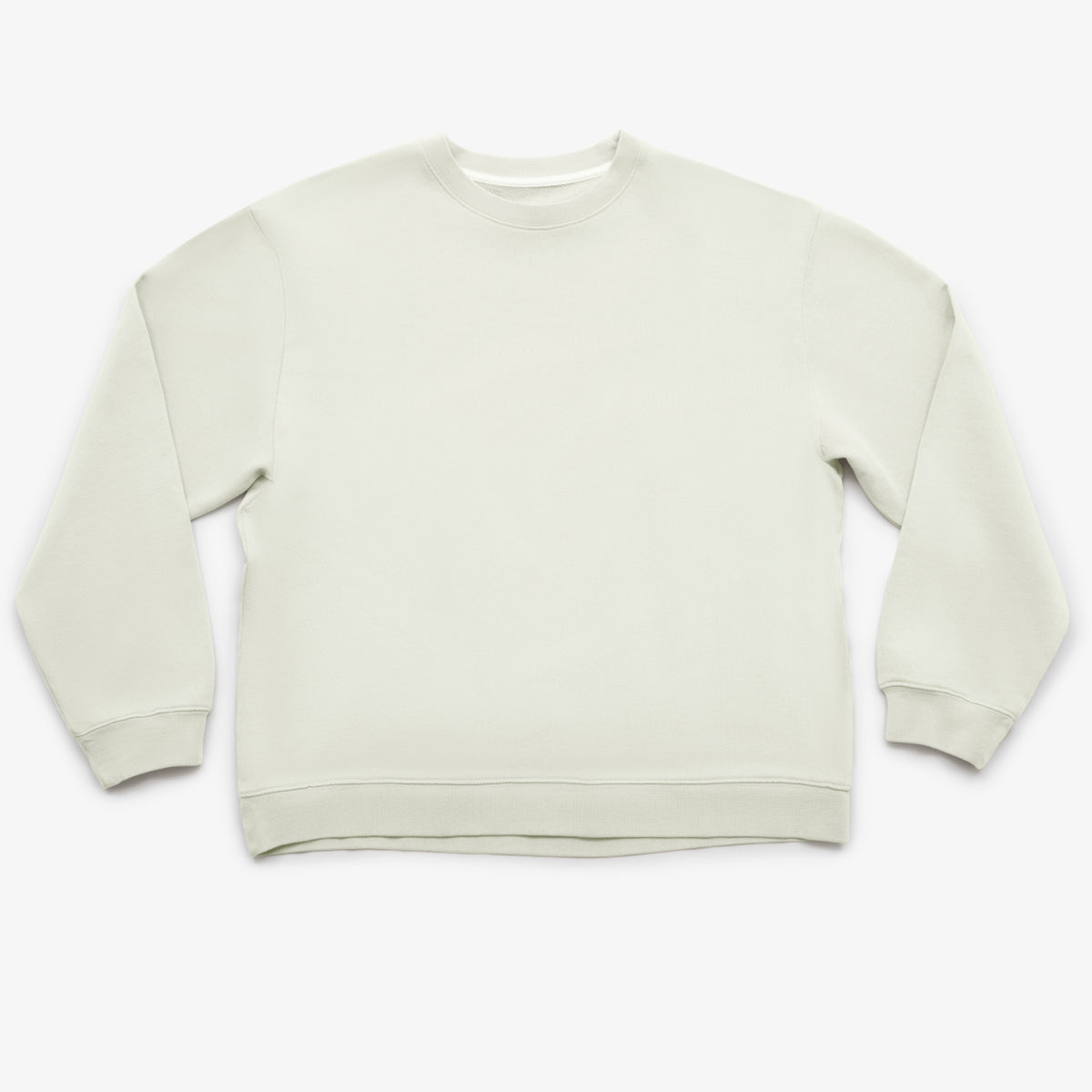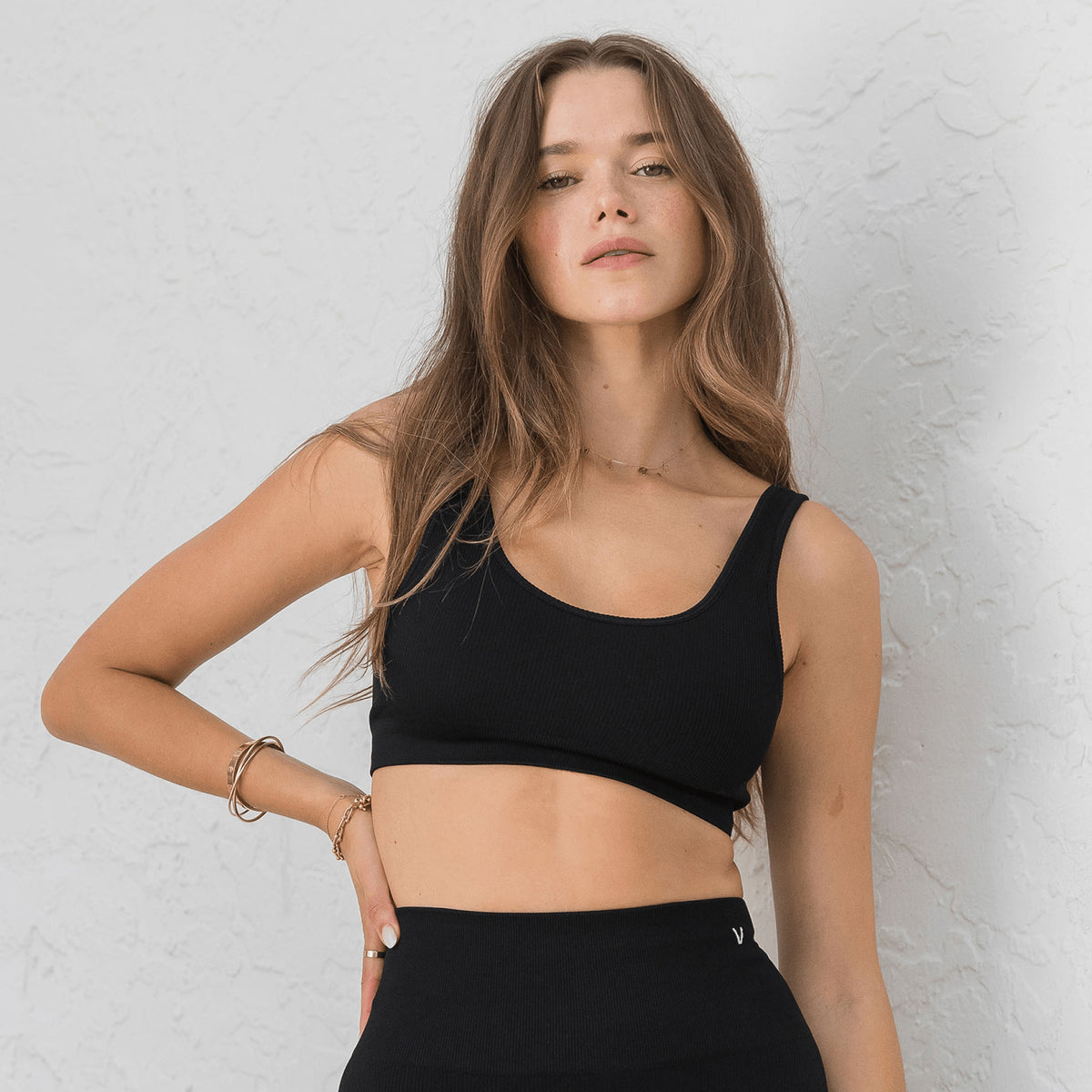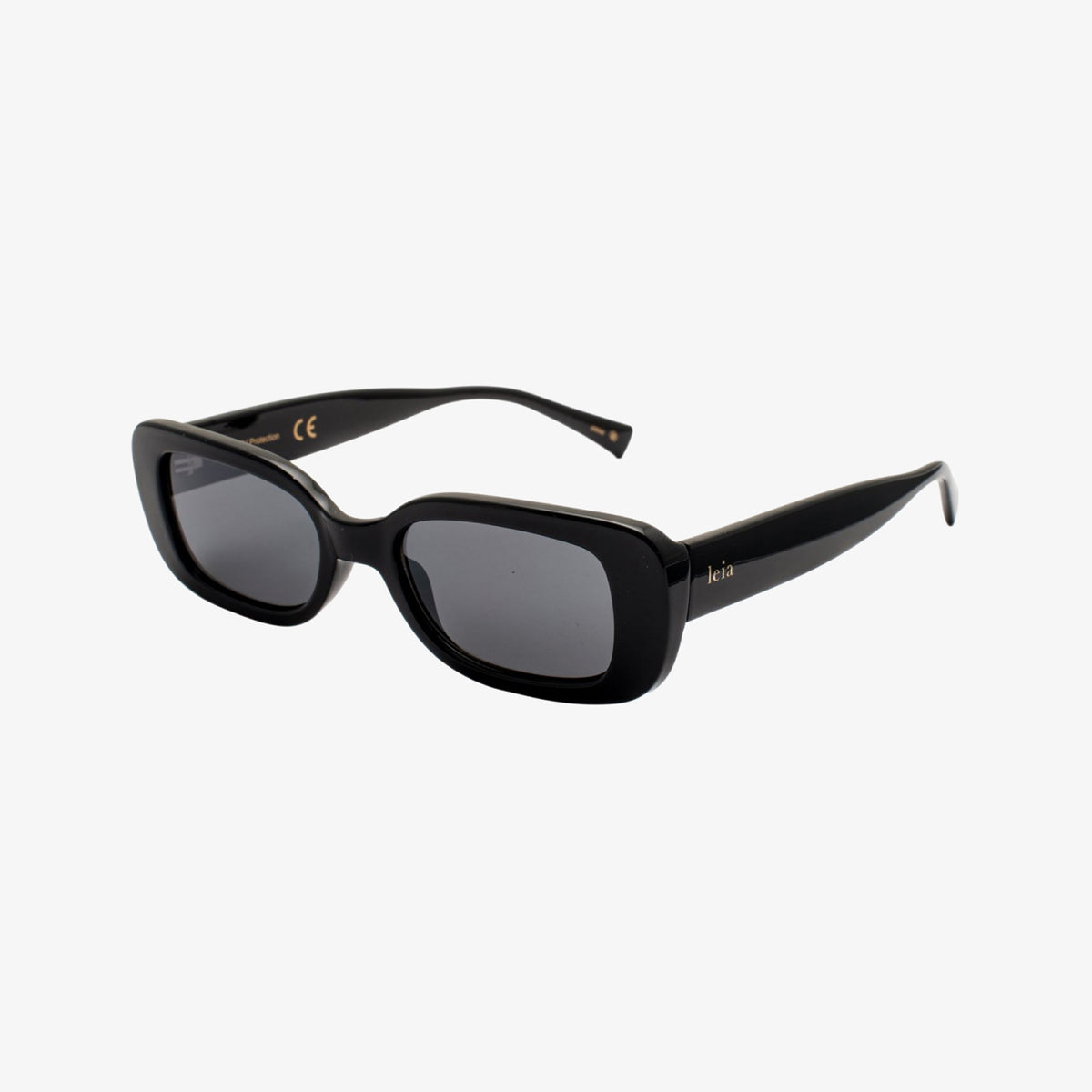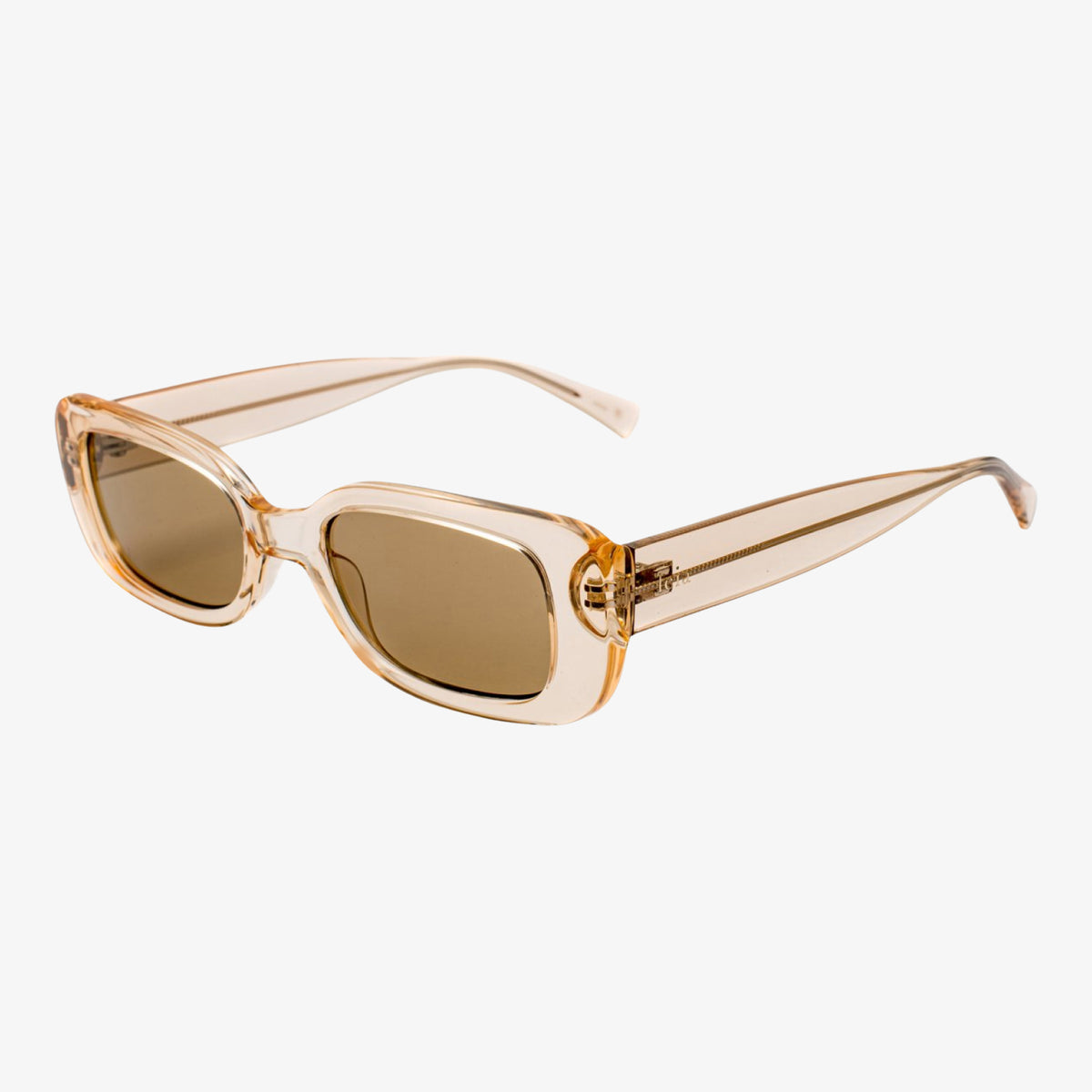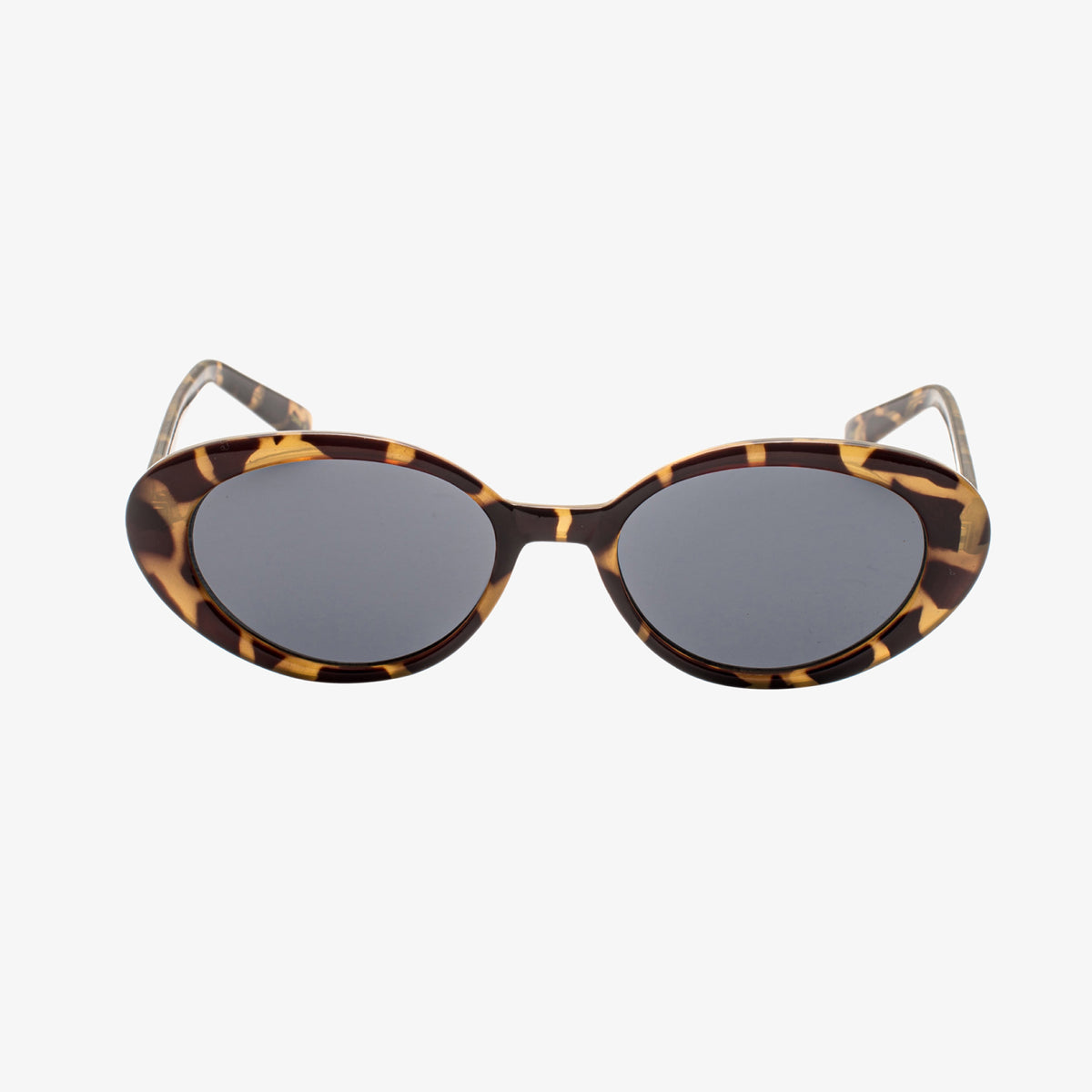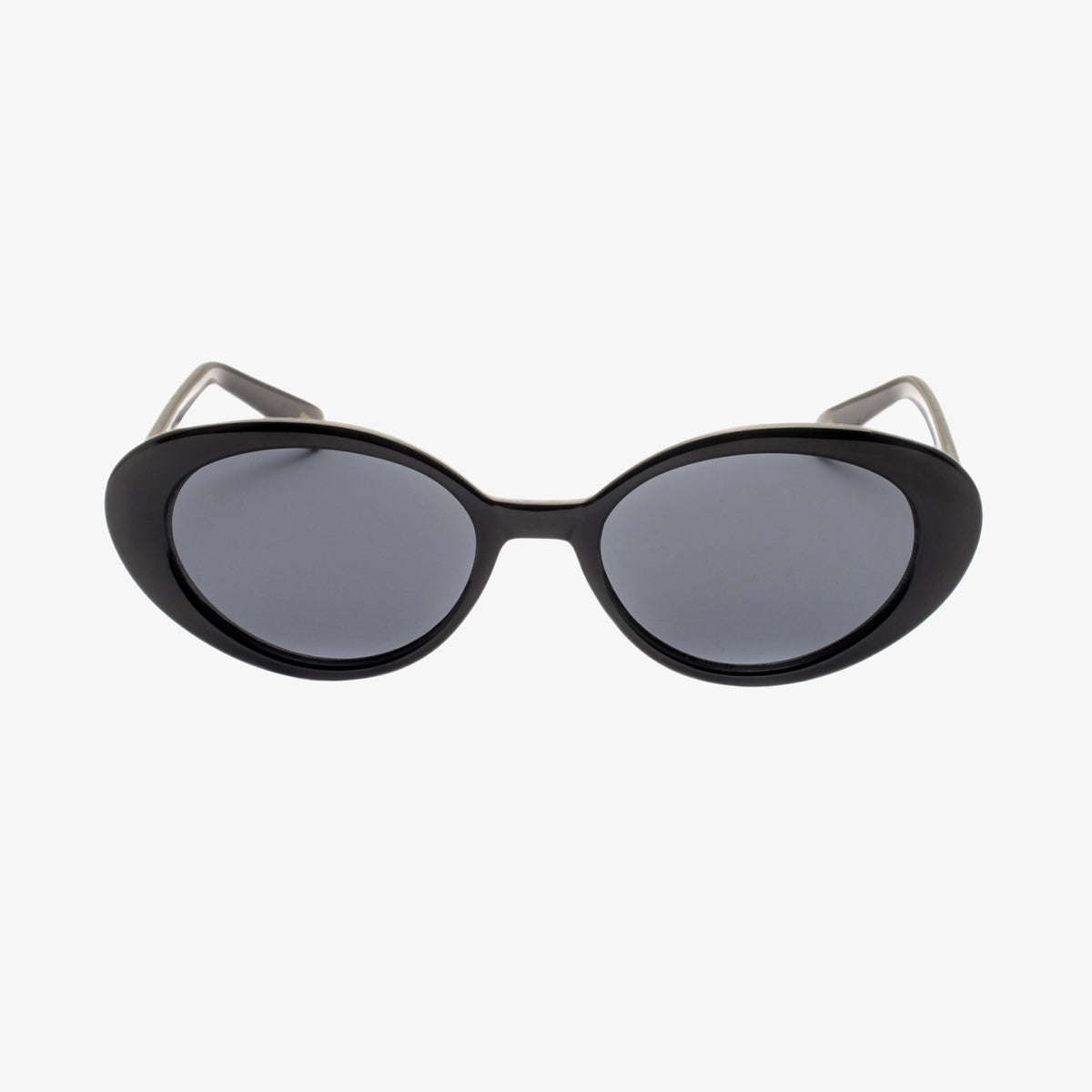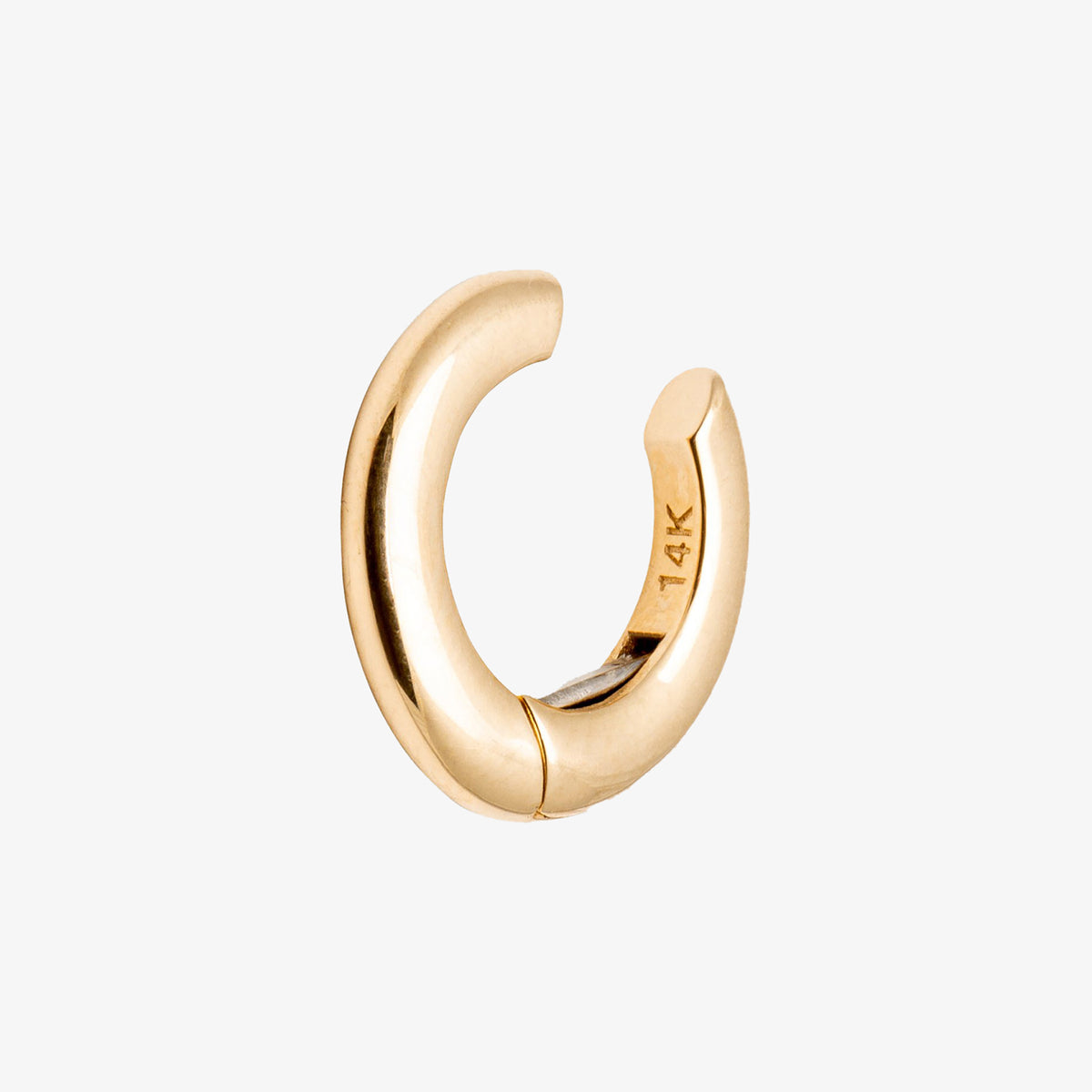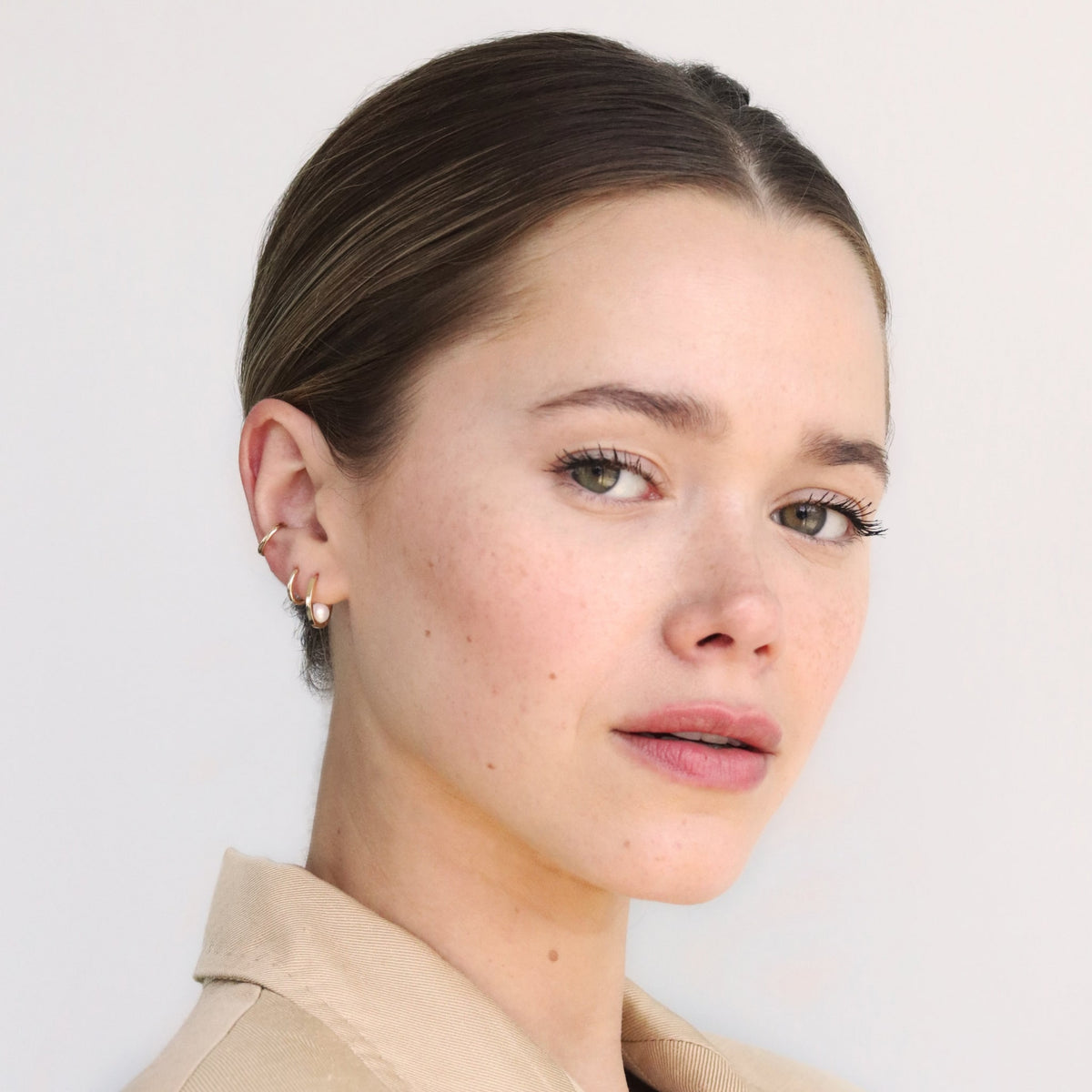Cover photo: Jonas Lundqvist/A-Lehdet Oy
"They say behind every great man is a great woman", as a man famously once said, but these women replied, "if you want something done right, then do it yourself."
For millennia women were scarcely appointed (or assigned) positions of power, but when given the chance they made undeniably profound contributions to history. Cleopatra, Catherine the Great, and Empress Wu, the first and only Empress of China, are just a few great women who have cemented their names in history and paved the way for successful world leaders for centuries to come. In the past few years we have seen a heartwarming number of countries electing their first ever women to head of government, particularly in African and island nations. Woman-run governments have upheaved martial law in Pakistan, decreased gender-wage gaps in Iceland, and most recently, in the immediate response to the COVID-19 global pandemic, nations led by women had “systematically and significantly better” responses to the outbreak in early 2020 when compared to countries of similar size run by men (Johns Hopkins University). So I was wondering, what other women world leaders are currently making their way into the history books?
Jacinda Ardern, Prime Minister of New Zealand
Image: Vogue
Arguably the most praised world leader when discussing COVID-19 response, Jacinda Ardern would have made a strong case for top spot if this list had any sort of ranking system. When she assumed office in 2017, Ardern became the world’s youngest woman to become head of government, and after giving birth to her daughter, Neve, in 2018, Jacinda became only the second woman to give birth while currently in office. (The first was Benazir Bhutto - Prime Minister of Pakistan from 1988-1990.)
Ardern makes history by bringing her three-month old daughter to the United Nations Assembly. Photo credit CNN.
Ardern has been swift and progressive in her few short years leading the Kiwi government, and her actions have not gone unnoticed. In addition to the most prompt and effective COVID-19 protocols in the world, which undoubtedly saved innumerable lives during the pandemic, Ardern has built a platform focused on tackling and correcting major issues in the country, such as the housing crisis, child poverty, and evident social inequality. Following the tragic Christchurch mosque shooting in 2019, Ardern immediately enacted strict gun laws, in a bill that was supported almost unanimously by parliament (a vote of 119-1).
The world continues to look toward the progressive country of New Zealand as Ardern cements herself as a formidable world leader. When running for her second term in office, New Zealanders overwhelmingly voted in support of Ardern and it isn’t hard to understand why.
Mia Mottley, Prime Minister of Barbados
Image: Bloomberg
When Mia Mottley was elected Prime Minister in 2018, in what could only be considered a landslide victory, she became the first candidate in Barbados history to secure all thirty house seats as well as a popular vote exceeding 72% of the population. Her encouraging introduction to office was followed quickly by a meaningful impact on the country, most notably when in September 2020, she announced that she would be ending Barbados’ constitutional monarchy to leave the nation’s colonial past behind them. Government plans often move at glacial speeds, but in November 2021, just over one year after her proclamations, Mottley officially announced the newly independent Republic nation, truly exhibiting how women just get things done.
Image: British Vogue
Mottley is staunchly in support of climate change consciousness and has spoken at the United Nations General Assembly to bring awareness to the global impact climate change is having particularly on small, island nations like Barbados and the rest of the Caribbean. Early this year, in her quest for a second term as Prime Minister, Mottley, once again, won in convincing fashion which speaks to the success of her government and the trust Barbados has in her vision for their future.
Sanna Marin, Prime Minister of Finland
Finland is probably the closest nation we have to a real world Themyscira (The all-woman Utopia that hailed the likes of Wonder Woman). When Sanna Marin assumed office in 2019, she joined a battalion of bad-ass women that included Minister of Education, Li Andersson, Minister of Interior, Maria Ohisalo, and Minister of Finance, Katri Kulmuni. Not surprisingly, Finland has one of the highest percentage of women in government of any country, and it’s no coincidence that Finland annually finds themselves near the top of the “Good Country Index” (including top spot in the 2018 assessment), a ranking system measuring how nations contribute to the planet and to the human race, through policy and behavior.
Image: Maclean's
In 2020, Marin was selected for Forbes’ list of The World’s Most Powerful Women, and in early 2021, she graced the cover of Time Magazine's “Time100 Next” issue which spotlights 100 rising stars who are shaping the future of business, entertainment, sports, politics, science, health, and more.
View this post on Instagram
Although she was praised for becoming Prime Minister at only 34 (making her the youngest Head of State at the time of her election), she was no stranger to the political scene and brought a wealth of knowledge to the Finnish people. She joined the Social Democratic Youth Party at the age of 20, and was elected to the City Council of Tampere at 26, proving age is just a number, especially when discussing a determined woman who knows how to get a job done.
Fiamē Naomi Mataʻafa - Prime Minister of Samoa
Image: Hawaii Public Radio
Fiamē Naomi Mata’afa is a Matai High Chiefess in Samoa, and the island nation’s first woman Prime Minister, but making her way in through the door wasn’t easy. After defeating standing Prime Minister Tuila’epa Sa’ilele Malielegaoi in the 2021 Federal election, Malielegaoi refused to leave office, leading to the 2021 Somoan Constitutional Crisis. Luckily, Mata’afa fought her way through a court hearing and was officially named to rule office.
In her incredibly young tenure, Mata’afa is fighting to drop the existing laws criminalizing abortion for non-life threatening pregnancies, and working to legalize and have Samoa recognize same-sex marriage. Additionally, she’s already created new government jobs and discontinued the use of daylight savings time (a decision I think many of us are in favor of). For her efforts, last year the BBC named Mata’afa on their “BBC 100 Women 2021”, which includes 100 of the most inspiring and influential women in the world.
Image: Asia Matters For America
Sheikh Hasina- Prime Minister of Bangladesh
Image: The Guardian
Sheikh Hasina currently holds the title of the world’s longest serving woman head of state, and is currently serving her second of two separate terms as Prime Minister of Bangladesh. She was first elected in the 1996 election and her contributions were so well appreciated that when she ran again in 2009, she was once again elected in a majority government result.
Image: Daily Sabah
Hasina has politics in her blood, as her father Sheikh Mujibur Rahman was Bangladesh’s very first President and one of the nation’s founding fathers; though she was not involved in politics herself until her father and the majority of her family were killed in a military coup while Hasina was out of the country. Martial Law took hold of the country and Hasina was barred from returning to Bangladesh until she was officially named political leader of Awami League five years after her initial exile.
In her tenure of Prime Minister, Hasina formed an investigative tribunal to prosecute perpetuators in the Bangladesh Genocides, as well as provided refuge to people suffering genocide and exile from their own nations, namely the Rohingya people of Burma. In 2018, Time Magazine named Sheikh Hasina to their list of 100 Most Influential People in the World, and Foreign Policy named her in their list of Top Global Thinkers of the Decade (2010s).






